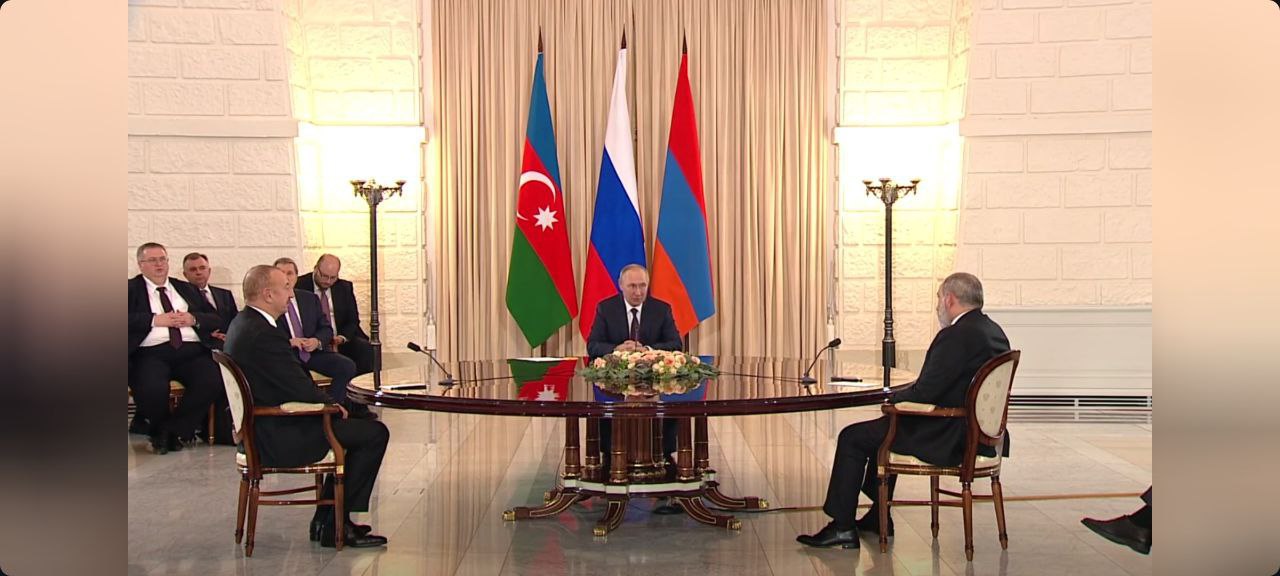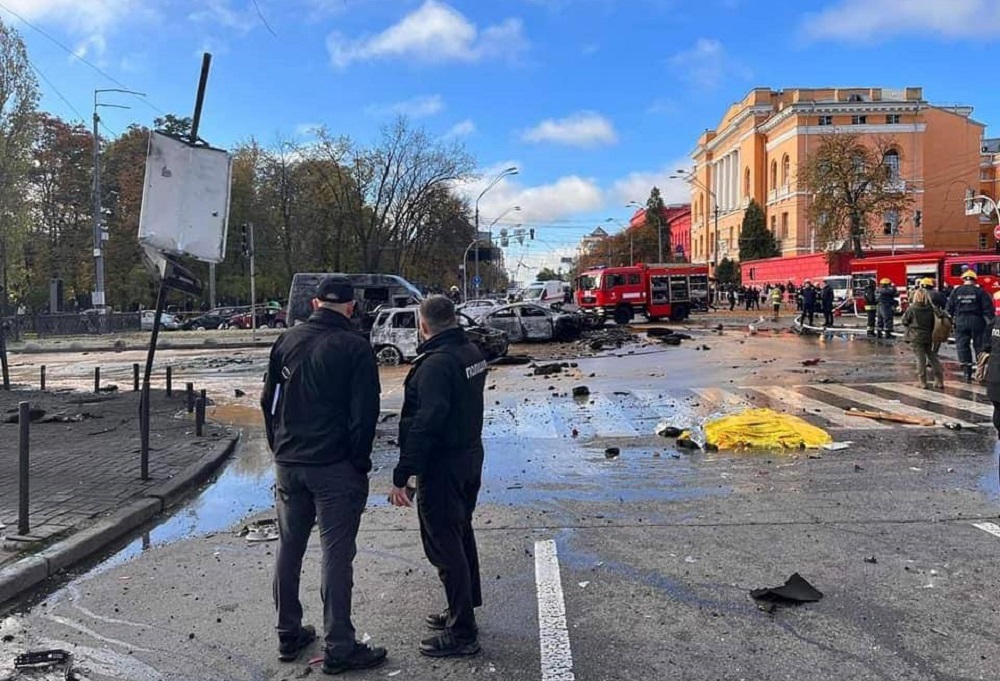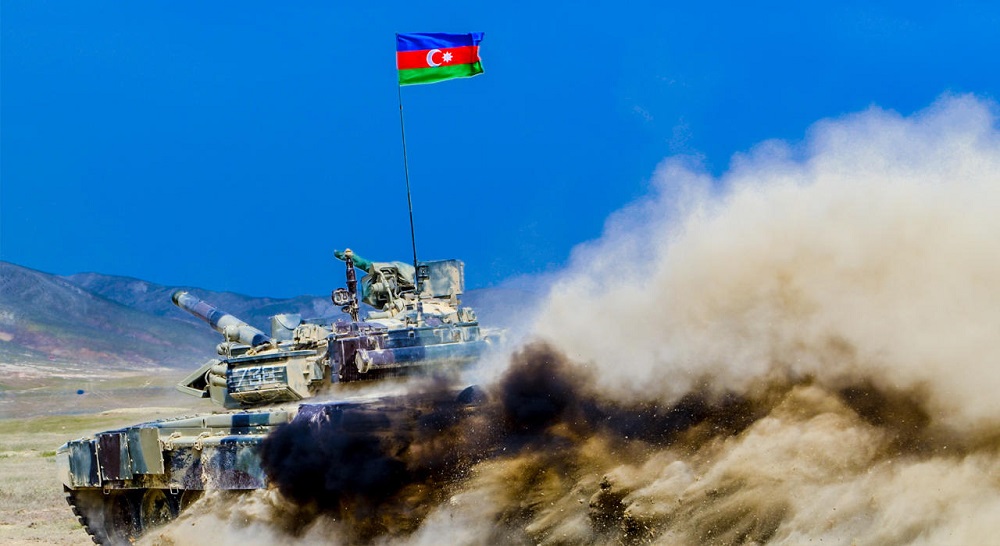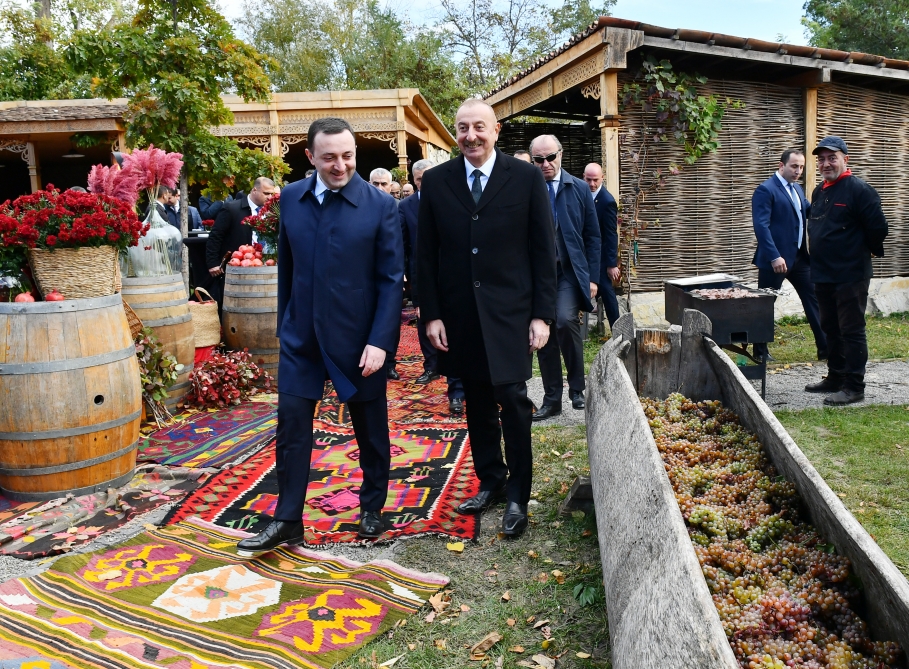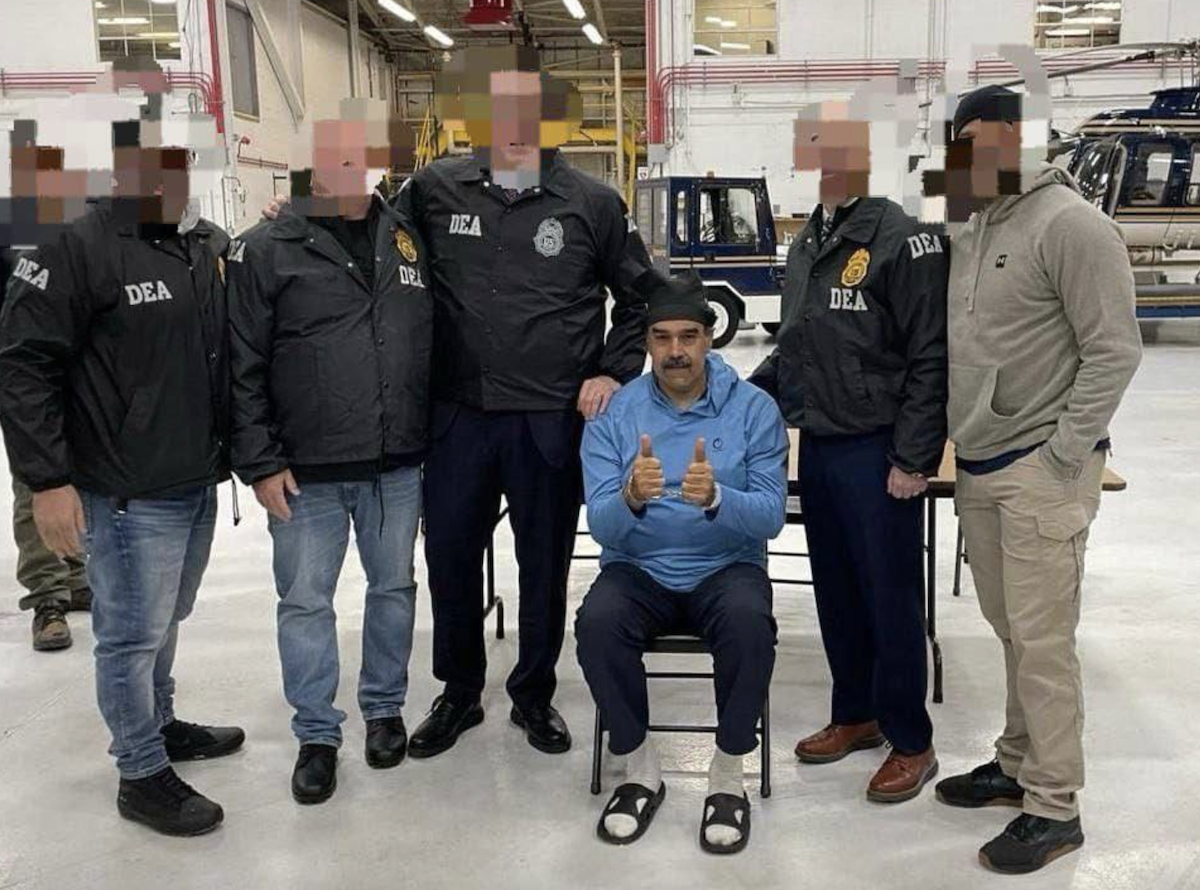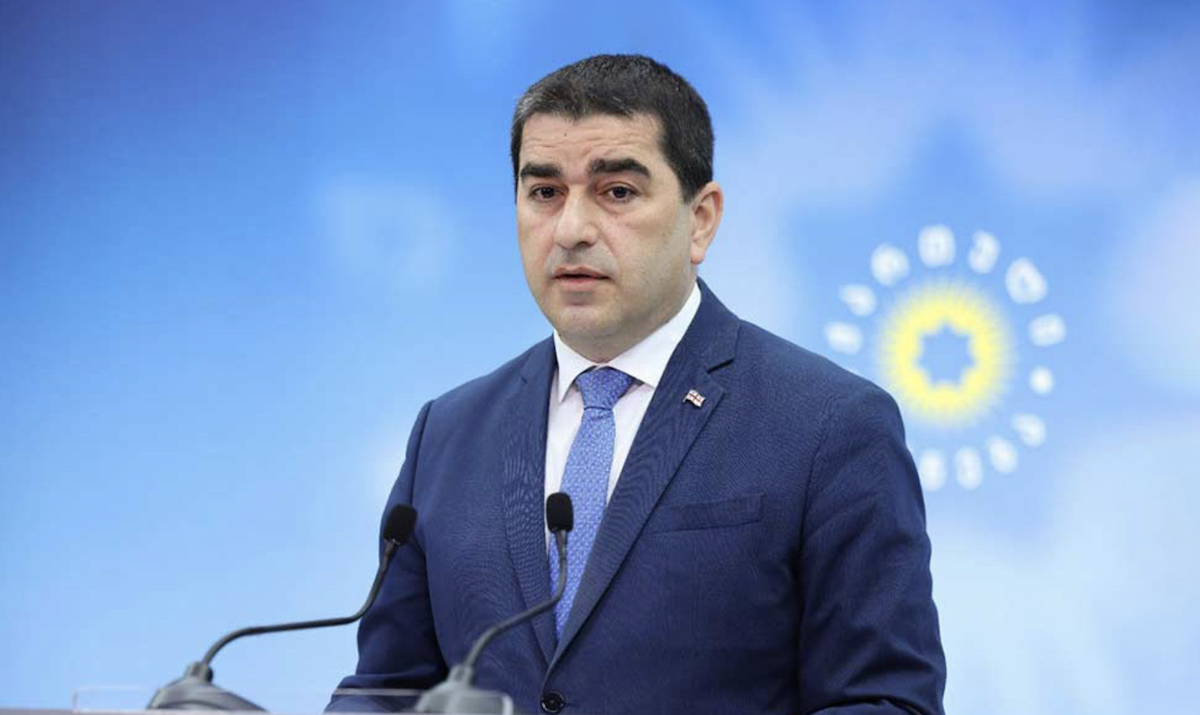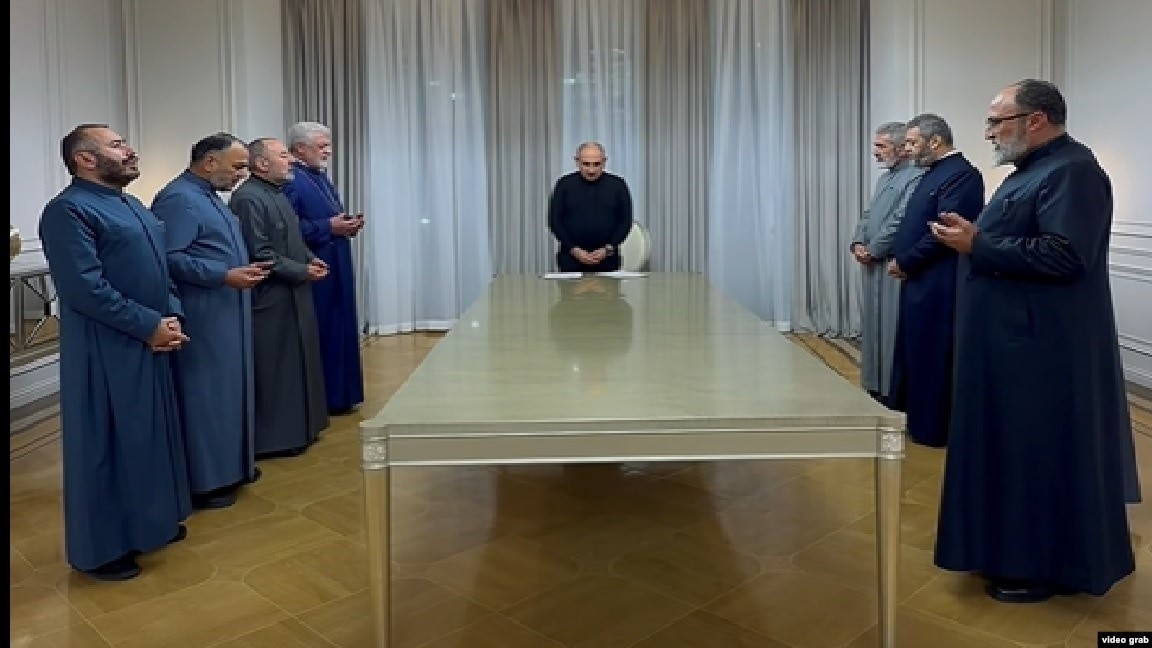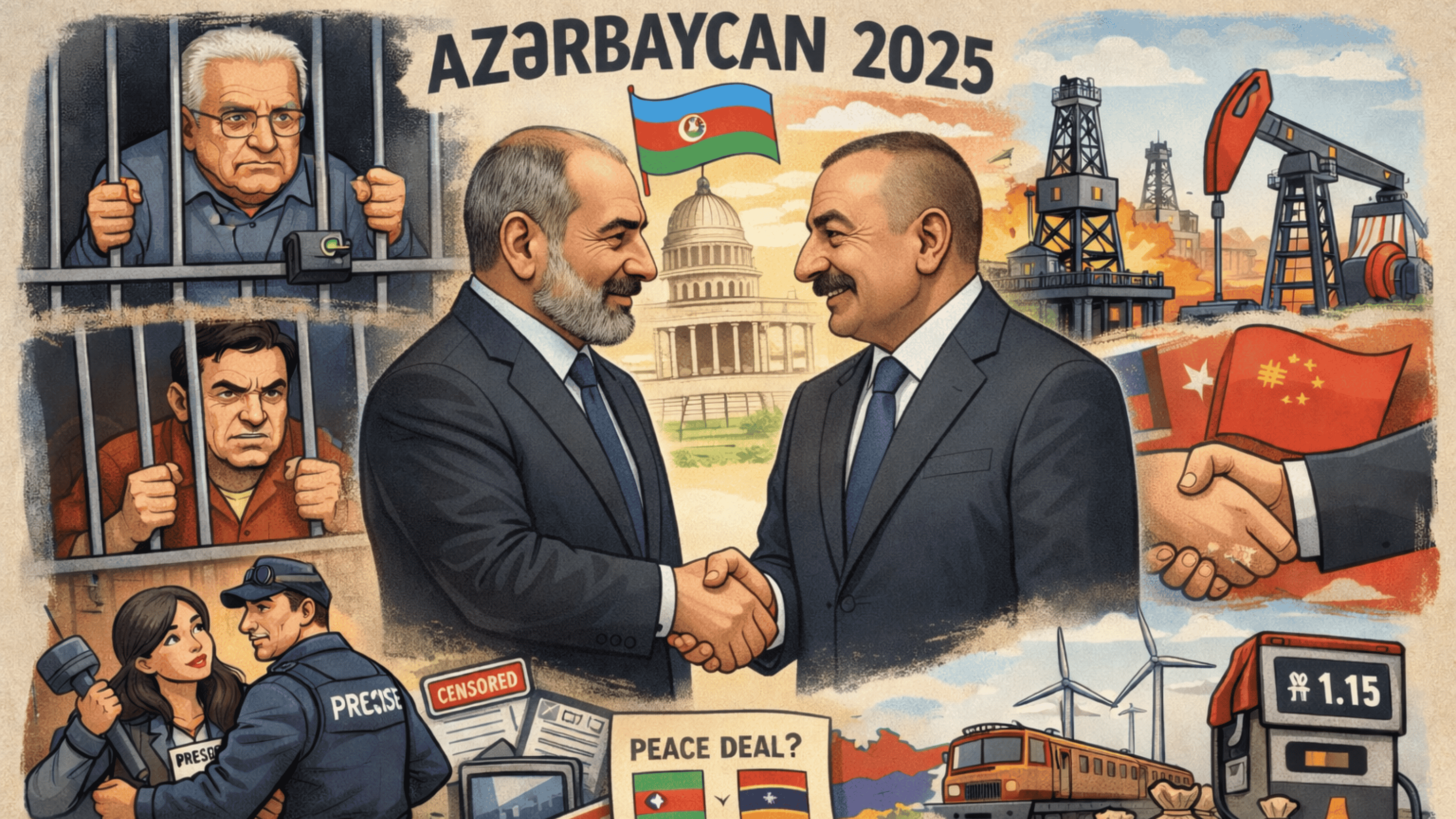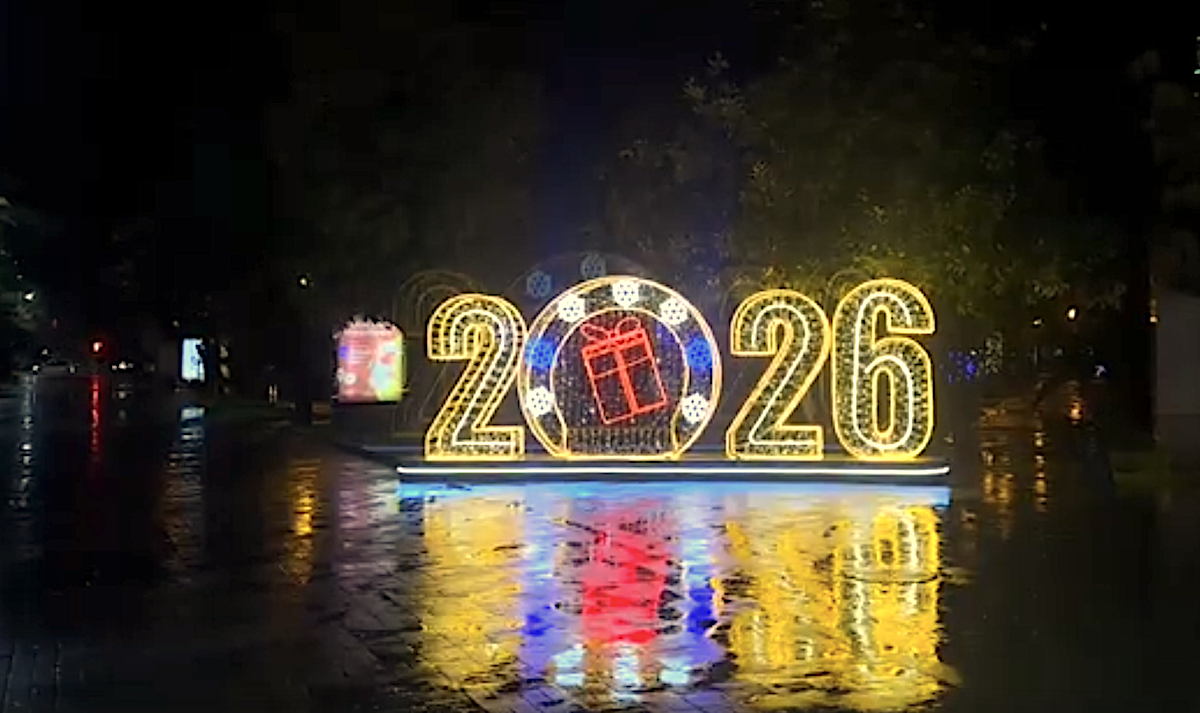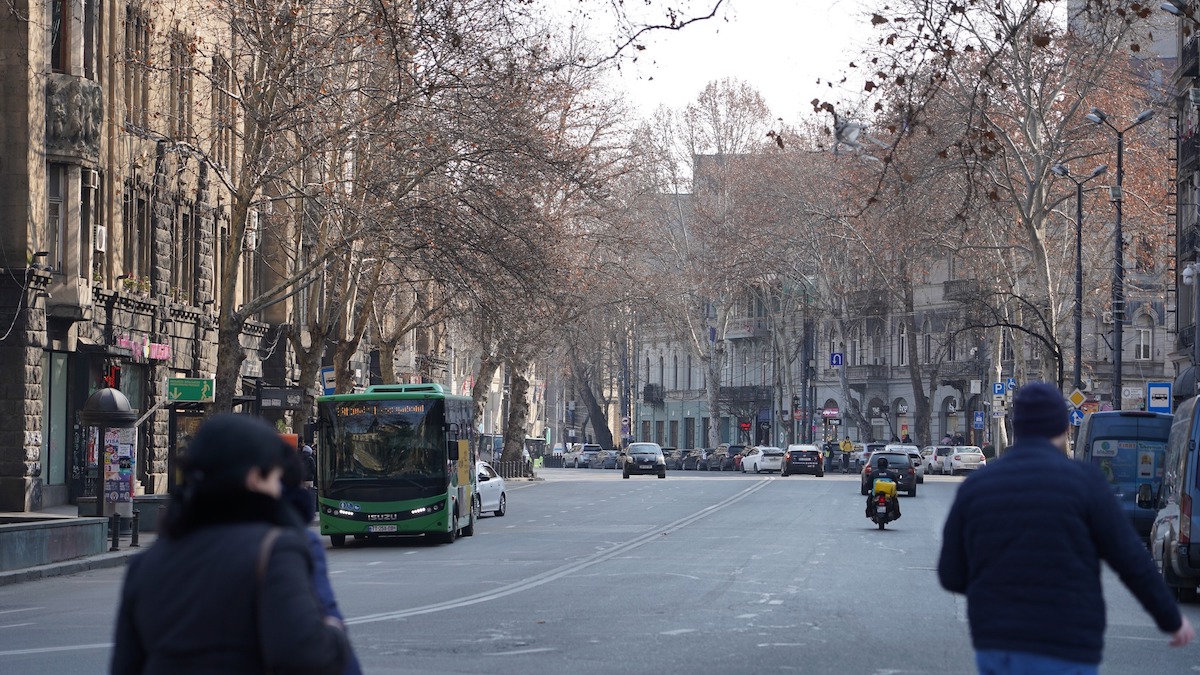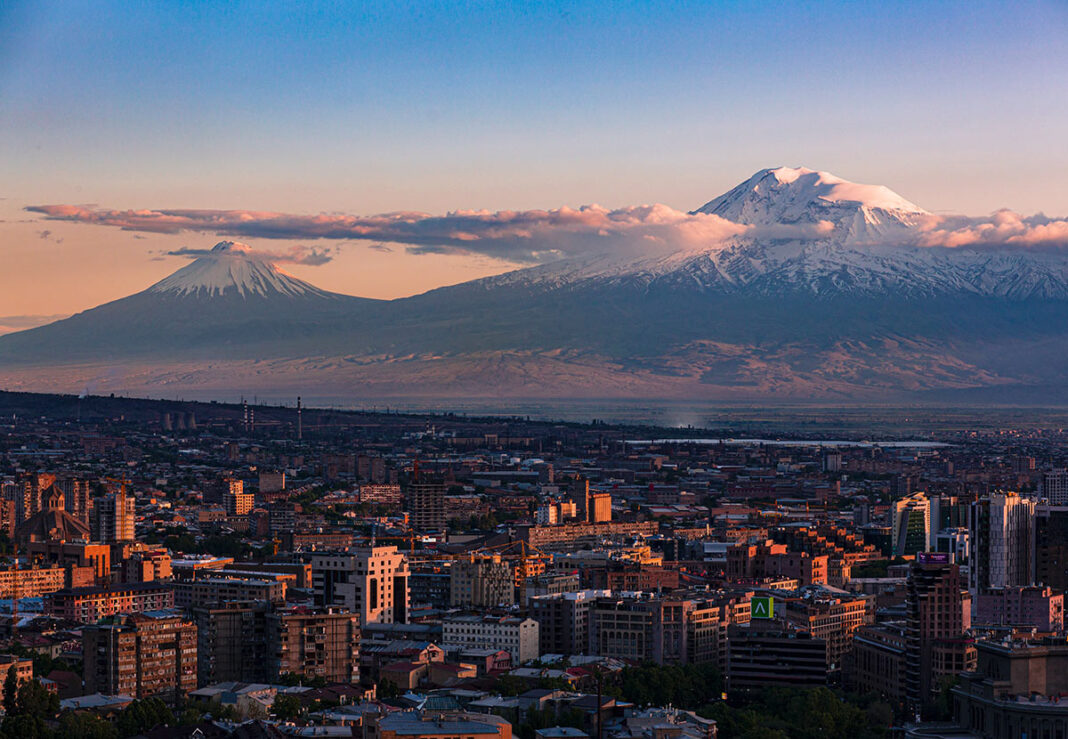Expected failure - comments from Baku in wake of Sochi meeting
Comments from Baku following Sochi meeting
The trilateral meeting in Sochi between Russian President Vladimir Putin, Azerbaijani President Ilham Aliyev and Armenian Prime Minister Nikol Pashinyan became, as expected, the most discussed topic among Azerbaijani political observers and politicians.
In their opinion, disagreement between the parties on some issues plays into the hands of official Baku. But they also say that ignoring the problem does not mean there isn’t one.
- Russia does not recognize Azerbaijan’s sovereignty over Karabakh – comments from Baku
- Two different responses from Armenia to Putin’s statement. What’s happening?
- Geopolitical shift in South Caucasus: waning Russian influence
“Ostrich model or eagle behavior?”
“Pashinyan in Sochi declares that he agrees with everything Putin says. The next day he goes to Iran, where he will declare that he agrees with everything Raisi says,” Natig Jafarli, a leader of the Republican Alternative opposition party, writes on social networks.
According to the politician, Russia and Iran are currently two of the three main enemies of the West.
“I wonder what Armenia will say to the West if it agrees with everything that is said in Moscow and Tehran? Again, France will pat them on the head, and the US Congress and Senate will cry into a tissue?
Well, with them it is clear why our Foreign Ministry cannot show this situation to the world in an aggressive form. Why doesn’t he say that the two countries that are currently the embodiment of evil in the world are standing next to Armenia?” Jafarli asks.
The politician also raised the issue of Karabakh:
“Ilham Aliyev told Putin in person that the Karabakh problem does not exist – very good, he did the right thing, I support him, but what about this case? Every day they will hold rallies in Khankendi (Stepanakert), “peacekeepers” will defend them, and we, sitting in Baku, will repeat that the Karabakh problem has been resolved. Let’s pretend we don’t notice, don’t pay attention? How long? And what is our state tactics-strategy, ostrich model or eagle?
All these questions are open, they must be discussed, ways out must be found…”
“The meeting ended without results”
According to the head of the Atlas analytical center Elkhan Shahinoglu, the meeting in Sochi ended without results, and “it was expected.”
“Putin called the meeting useful, but also noted that they were not able to agree on everything planned.
This is in our favor, because what the Kremlin wanted to “agree” to was not in our favor,” Shahinoglu added.
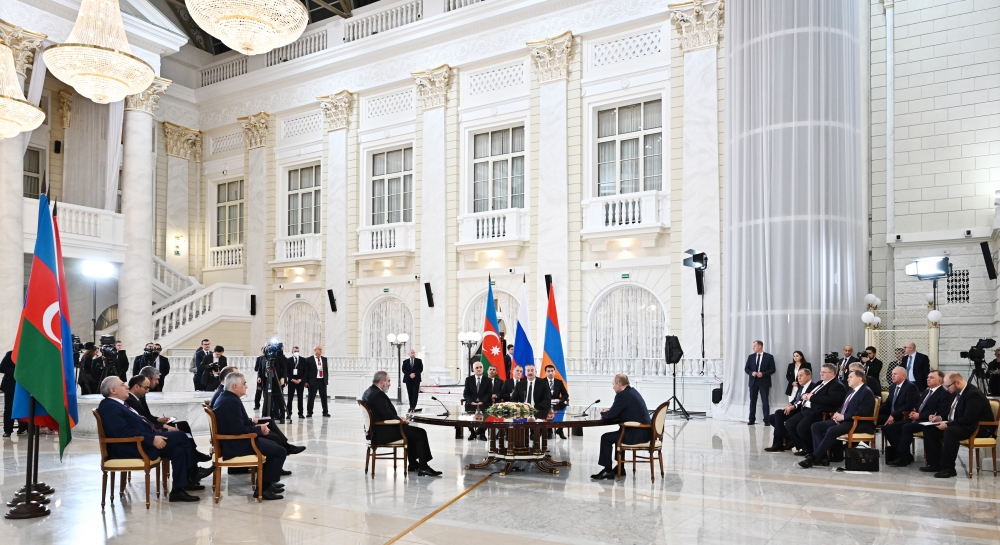
“Russia is trying to prevent the signing of the ‘Western’ peace treaty”
There is not a single innovation in the statement following the Sochi meeting, political commentator Shahin Jafarli noted:
“It may seem new to emphasize the territorial integrity, sovereignty and inviolability of borders under the UN Charter and the 1991 Almaty memorandum, but this was already in the Prague statement and is just a repetition.”
Jafarli believes that Russia’s main goal at the current stage is to maintain control over various processes, as well as to prevent the signing of a peace treaty through Western mediation:
“For the sake of this Nikol Pashinyan was warned during the Valdai forum, and a message was sent to Ilham Aliyev through a large rally in Khankendi (Stepanakert). The Sochi meeting served precisely this purpose.”
“The coming weeks will show how seriously the leaders of Azerbaijan and Armenia took these messages. And undoubtedly the position of the West will affect this issue,” Jafarli added.
“Putin’s rapprochement with the position of Azerbaijan is noticeable”
Political observer Agshin Kerimov said that the meeting in Sochi can be regarded as a technical continuation of the latest summits with the participation of the leaders of Russia, Azerbaijan and Armenia:
“In the current situation confusing for the whole world, Putin tried to play the Karabakh card again to show the superiority of Russia in solving regional problems, but the tough position of Azerbaijan and the support of its ally, Turkey, forced Moscow to remain in a safe position.
The statement following the meeting also shows that despite all the emotionality of the Kremlin in recent days, it has decided to prefer the interests of Baku-Ankara.”
According to Kerimov, from the part of Aliyev’s meeting with Putin that was open to the press, one could also see that the tension between Baku and Moscow has not affected the friendly relations of the two leaders.
“In order to emphasize its presence in the region, Russia added a clause on the peacekeeping contingent as a guarantor of security to the statement, but this circumstance does not have the potential of an axis of resistance to Azerbaijan’s interests,” Kerimov added.
Kerimov also expressed his predictions about coming events in the region:
- “Azerbaijan will retain the positions it reached after the September battles. This country can achieve both on the battlefield and at the diplomatic level. To maintain the status quo, Baku may take some military steps.
- Russia will give new instruction to peacekeepers in Karabakh to strengthen control over goods delivered through the Lachin corridor, because Azerbaijan is concerned about revanchist sentiments.
- After the Sochi meeting, Azerbaijan, together with Turkey, will choose the line not of confrontation with Moscow, but of US participation, and Washington’s growing interest in Yerevan will lead to Armenia being in Russia’s penalty area.”










